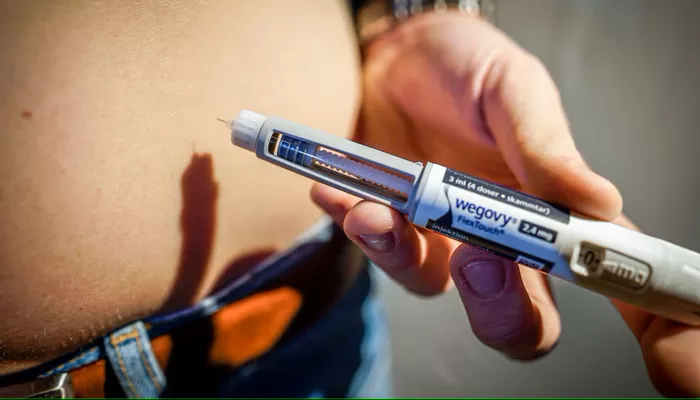In India’s film industry, whispers suggest many actors use weight-loss drugs like Ozempic to manage their appearance. Yet, few openly admit it.
The conversation shifted when filmmaker Hansal Mehta, known for Shahid, Aligarh, and Scam 1992, shared on X that he had been taking Eli Lilly’s Mounjaro under medical supervision to control his blood sugar. He also lost 10 kilos.
Mehta said, “I’m sharing this because there’s unnecessary stigma around these new medications. People often credit their health improvements to vague fitness routines. There’s no shame in using available tools responsibly and with medical guidance.”
Despite this, many in India still hide their use of weight-loss drugs from family, friends, and even doctors. They fear being seen as “cheating” or “taking the easy way out.” This secrecy complicates India’s health care landscape, especially as obesity and diabetes rates rise, driving unprecedented demand for these drugs.
GLP-1 medications like Ozempic, Wegovy, Mounjaro, and Zepbound were first developed to treat Type 2 diabetes. They help patients manage both blood sugar and weight.
The demand for these drugs has also grown among people seeking weight loss, encouraged by social media, celebrity endorsements, and impatience with traditional diet and exercise methods. These treatments offer a medically proven way to improve health for those with obesity or metabolic conditions.
Dr. Sanjay Agarwal, head of diabetes, obesity, and metabolic diseases at Sahyadri Super Speciality Hospital in Pune, explains, “These medications mimic natural gut hormones, mainly GLP-1, which regulate appetite, insulin release, and stomach emptying. Most patients notice a big drop in appetite and feel full faster, eating smaller meals.”
Related Topics:
Connecticut Autism Health And Fitness Center Builds Strength And Bonds
Pickleball and Paddleboard Yoga Drive New Fitness Trends in Florida


